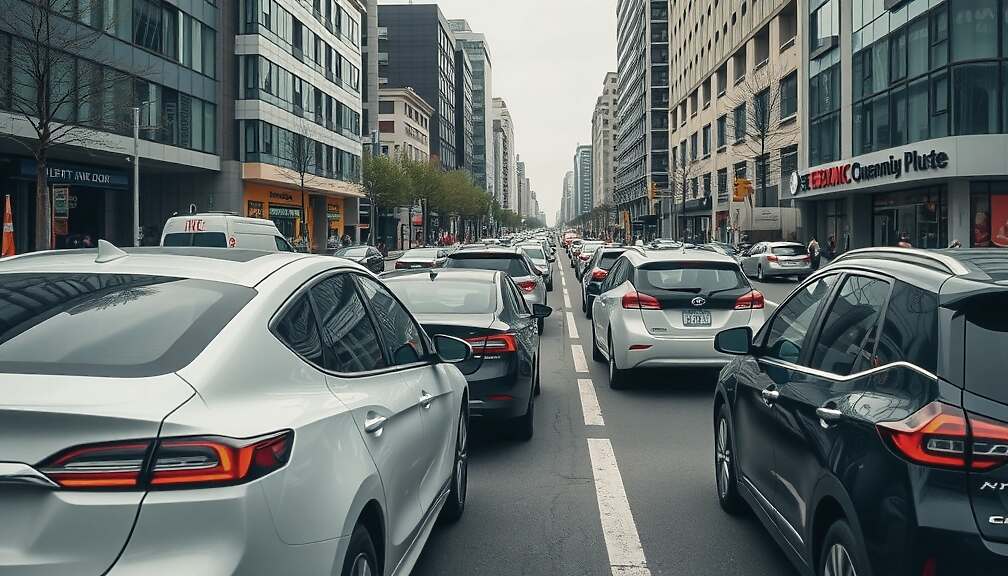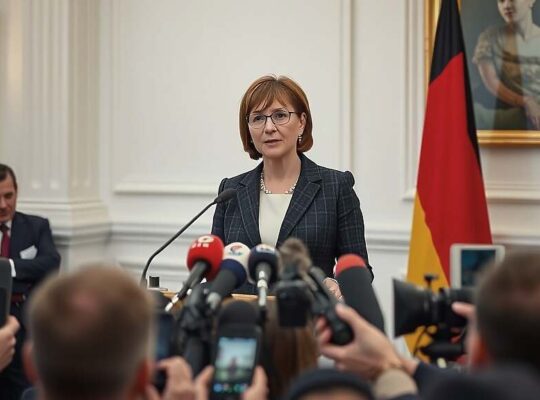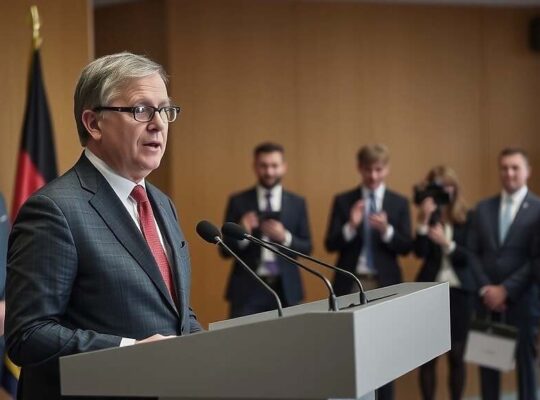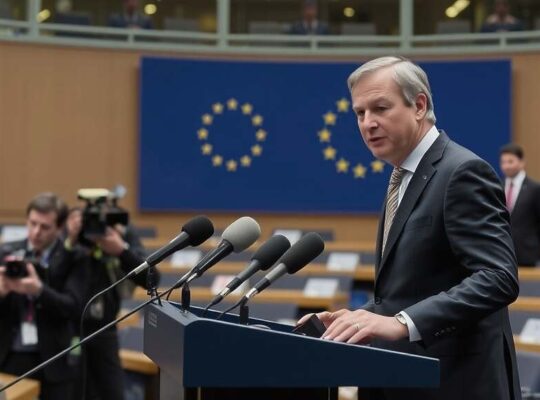European policymakers and industry leaders are advocating for a shift away from the European Union’s current course toward a complete transition to electric vehicles. Manfred Weber, leader of the European People’s Party (EVP), pledged to reverse the planned ban on combustion engines in a statement to the “Welt am Sonntag” promising a concrete outcome by autumn. While reaffirming the goal of climate neutrality, Weber emphasized the need for a more flexible approach.
To achieve this, Weber outlined a “Four-Point Automotive Promise for Europe” encompassing the removal of the combustion engine ban, the creation of a virtual automotive university to consolidate the expertise of European technical universities, the deployment of AI-powered gigafactories for vehicle development and mobility research and the designation of entire regions as testing grounds for innovations such as autonomous driving. He also stressed the importance of engaging in “intensive dialogue with employees of the automotive industry.
Weber stated the need to correct “ideological errors of the past legislative period” appealing to social democrats to support these changes. He believes this approach could potentially mitigate the rise of right-wing populists, referencing upcoming elections in France and Poland in 2027 and stressing the importance of safeguarding jobs within the automotive sector.
Christophe Périllat, CEO of the major French supplier Valeo, proposes an alternative to the EU’s 2023 regulation mandating a 100 percent reduction in car emissions. He suggests lowering the target to 90 percent, which would permit the use of range extenders and plug-in hybrids. According to Périllat, this would allow for battery-powered vehicles to incorporate combustion engines for segments of longer journeys, such as vacations or business trips-while avoiding portraying the European Commission as inflexible.












